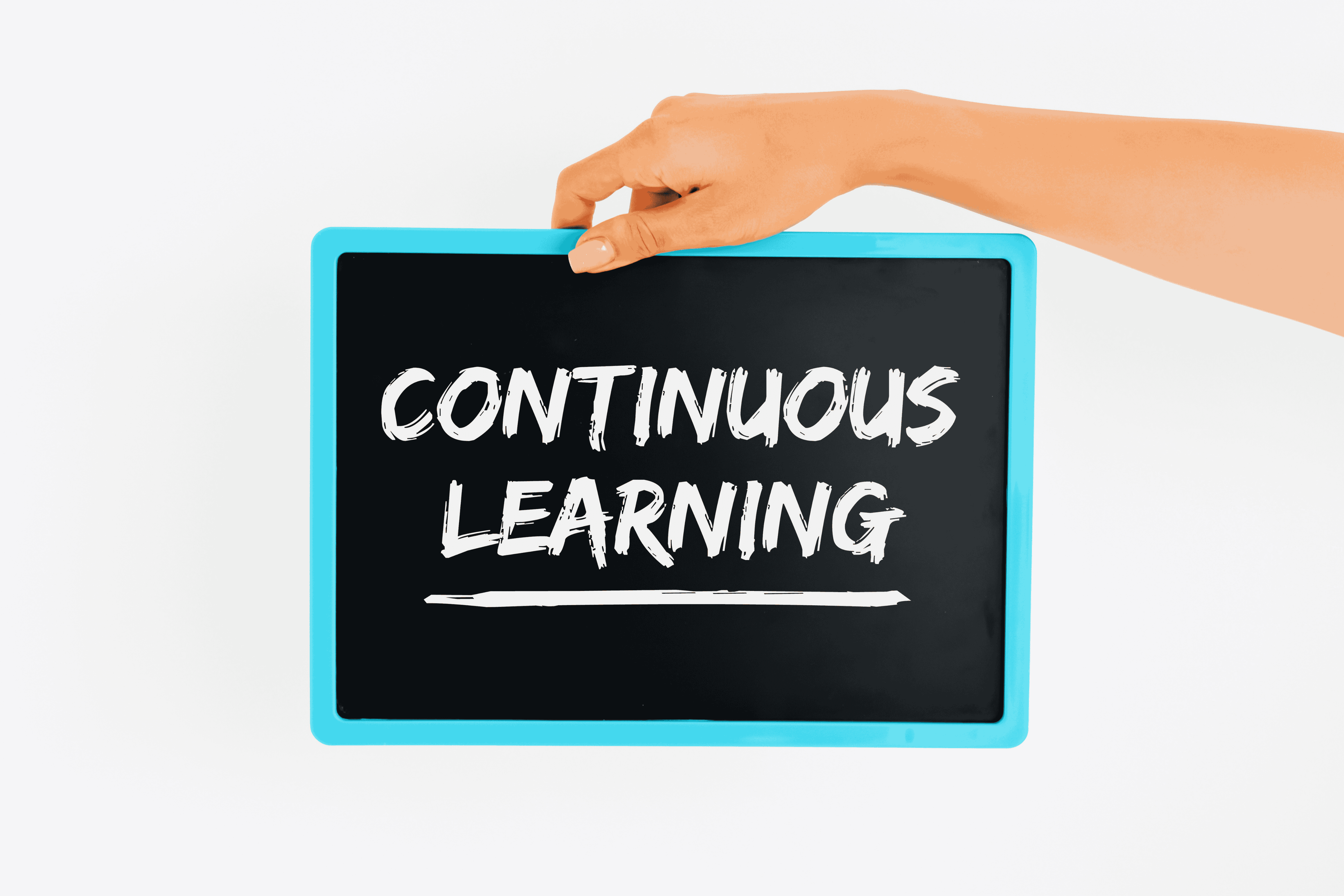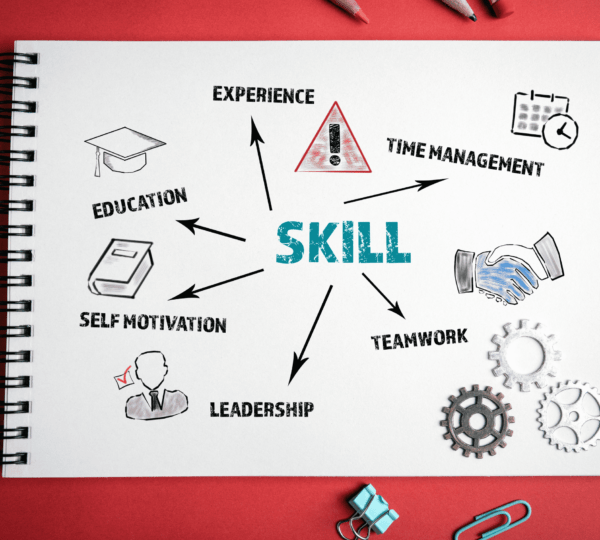
What Daily Habits Can Help You Transform from an Unmotivated Student to a Successful Professional in 2025?
My perception of procrastination changed after I read the book The War of Art. It explained that procrastination isn’t just laziness—it’s a form of resistance, a hidden force that keeps us from doing what really matters. That simple idea made me look at my habits differently, forcing me to confront the excuses I had been making for so long.
I used to tell myself I was just waiting for the right moment to begin what I needed to do. But in reality, I was avoiding the effort and discipline it took to make progress. That realization was a wake-up call, one that forced me to reflect on how much time I had wasted waiting for motivation to strike.
This isn’t just my experience. A study published in the Journal of Educational Psychology found that nearly 70% of students struggle with motivation at some point during their academic journey. This highlights how common the issue is, but here’s the good news: success doesn’t require overnight transformation. Instead, it’s built on small, consistent daily habits that compound over time.
The Habits That Create a Bridge Between Today’s Student and Tomorrow’s Professional
1. Setting Clear Goals and Planning Your Day
Goals give you direction, and planning ensures you stick to it. According to Harvard Business Review, individuals who write down their goals are 42% more likely to achieve them.
How to Start:
- Use tools like Google Calendar, Notion, or a simple planner to organize your tasks.
- Break large goals into smaller, manageable steps.
- Prioritize tasks using the Eisenhower Matrix (urgent vs. important).
Dr. Angela Duckworth, author of Grit: The Power of Passion and Perseverance, emphasizes that setting specific, achievable goals fosters a sense of purpose, which is key for long-term success.
2. Cultivating a Morning Routine
A productive morning sets the tone for the rest of your day. A report by the American Psychological Association shows that individuals with consistent morning routines tend to have higher levels of productivity and lower stress.
Steps to Build a Routine:
- Wake up at the same time daily, even on weekends.
- Incorporate mindfulness practices, such as meditation or journaling.
- Eat a healthy breakfast to fuel your body and mind.
Popular blogs like The Muse suggest starting your day with three tasks you’re grateful for to build a positive mindset.
3. Prioritizing Continuous Learning
Lifelong learners are better equipped to adapt to professional challenges. The World Economic Forum predicts that by 2025, 50% of employees will need to reskill due to evolving job requirements.
How to Incorporate It:
- Dedicate 30 minutes daily to reading industry-related articles or books.
- Take online courses on platforms like Coursera, LinkedIn Learning, or Udemy.
- Attend webinars or join professional networks to stay updated.
A Stanford University study found that students who engage in continuous learning outside of formal education report greater career satisfaction later in life.
4. Building Strong Time-Management Skills
Effective time management reduces stress and increases efficiency. According to a survey by RescueTime, the average person spends 3 hours daily on unproductive tasks.
Strategies to Adopt:
- Use the Pomodoro Technique: Work for 25 minutes, then take a 5-minute break.
- Eliminate distractions by turning off unnecessary notifications.
- Batch similar tasks together to improve focus.
Laura Vanderkam, a time-management expert and author of 168 Hours: You Have More Time Than You Think, recommends tracking your time for a week to identify and eliminate wasteful habits.
5. Networking and Building Relationships
Relationships are key to personal and professional growth. A study by LinkedIn found that 85% of jobs are filled via networking.
How to Start:
- Attend career fairs and student networking events.
- Engage with professionals on LinkedIn by commenting on their posts.
- Join local or virtual communities related to your field of interest.
Networking isn’t just about seeking opportunities—it’s about giving back. Share resources, congratulate others on achievements, and offer support when possible.
6. Practicing Discipline Over Motivation
Motivation fluctuates, but discipline sustains progress. James Clear, author of Atomic Habits, argues that building systems for success is more effective than relying on willpower.
Actionable Steps:
- Create an environment that supports your goals (e.g., a clean study space).
- Reward yourself for small wins to stay consistent.
- Focus on habit stacking: pair a new habit with an existing one (e.g., listen to a podcast while commuting).
Inc. magazine shares the story of Elon Musk, who divides his day into 5-minute slots to ensure maximum productivity, showing the power of discipline.
- Maintaining Physical and Mental Health
A healthy mind and body fuel academic and professional performance. The Mayo Clinic emphasizes that regular exercise and adequate sleep improve cognitive function.
How to Maintain It:
- Exercise for at least 30 minutes, five times a week.
- Prioritize 7–9 hours of quality sleep nightly.
- Incorporate stress-relief practices like yoga or mindfulness apps (e.g., Headspace).
A 2023 survey by Healthline found that students who exercise regularly report a 20% higher GPA compared to their sedentary peers.
8. Developing Communication Skills
Why It Works: Clear and effective communication is critical in any profession. The Journal of Business Communication highlights that soft skills like communication are ranked as the most important qualities in hiring decisions.
How to Improve:
- Join public speaking groups like Toastmasters.
- Practice active listening by summarizing what others say.
- Write daily, whether it’s journaling, blogging, or drafting mock emails.
Carmine Gallo, author of Talk Like TED, stresses that storytelling is a powerful tool for connecting with others professionally and personally.
Conclusion
Becoming a successful professional doesn’t require a dramatic overhaul of your life—it’s about adopting small, consistent habits that compound over time. From mastering time management to prioritizing health and networking, these daily practices will guide you from feeling unmotivated to thriving in your career.
Start with one habit today and build from there. What daily habits have helped you? Share your experiences in the comments below and inspire others to start their transformation journey!
References
- Journal of Educational Psychology: Understanding Student Motivation (2023)
- Harvard Business Review: The Importance of Writing Down Goals (2024)
- American Psychological Association: Morning Routines and Productivity (2023)
- World Economic Forum: Lifelong Learning Trends (2025)
- RescueTime: Time Management Statistics (2023)
- LinkedIn: Networking and Career Success (2023)
- Healthline: Exercise and Academic Performance (2023)
- Mayo Clinic: The Impact of Sleep on Cognitive Health (2024)
- Journal of Business Communication: Soft Skills in Hiring Decisions (2024)












